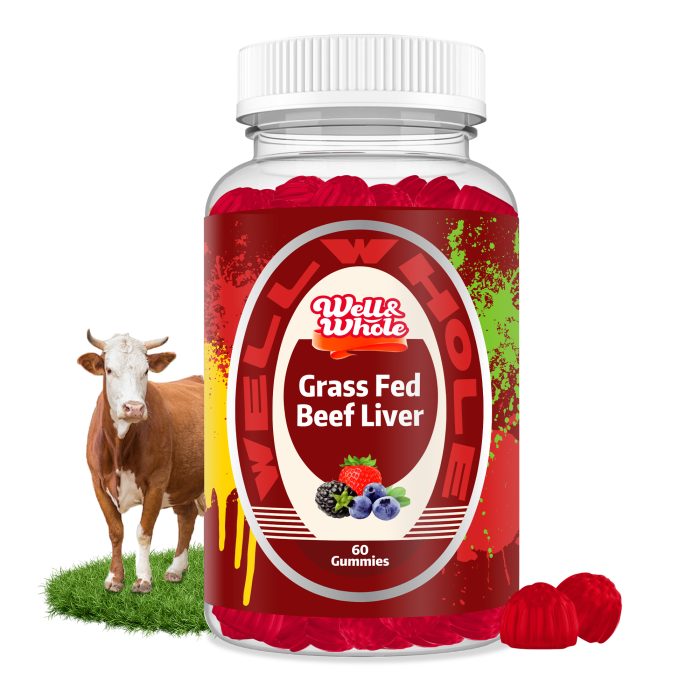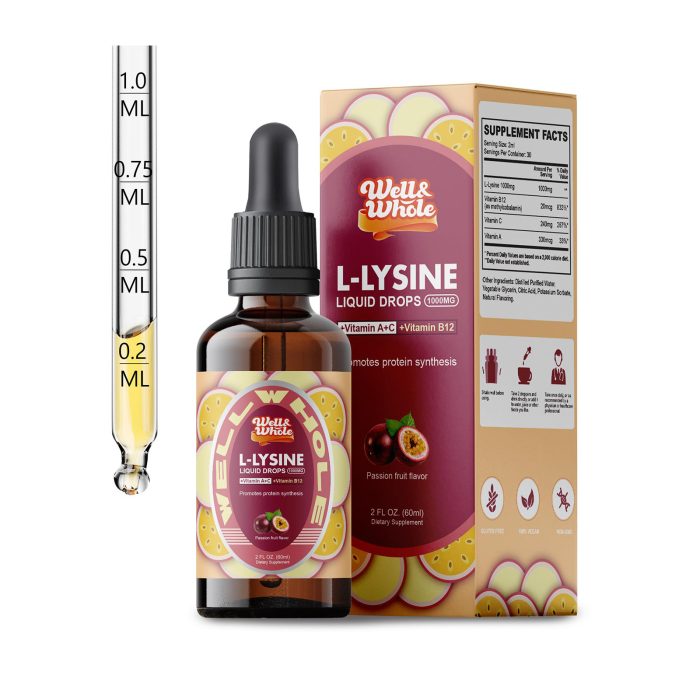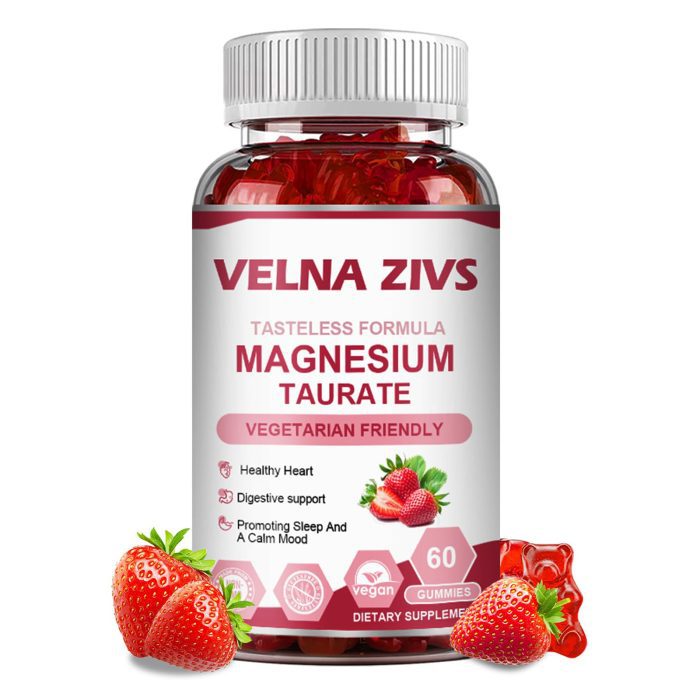Unlocking the Secrets of Glutathione Supplements: Do They Really Lighten Skin?
Skin lightening has been a topic of interest for many individuals seeking to achieve a more even complexion. Among the various supplements and treatments available, glutathione has gained significant attention for its potential skin-lightening properties. But does scientific evidence support the claim that glutathione supplements can lighten skin? Let’s delve into the details.
Understanding Glutathione
Glutathione is a powerful antioxidant produced naturally by the body. It plays a crucial role in maintaining cellular health by neutralizing harmful free radicals and detoxifying the body. Its benefits extend beyond internal health, as many believe it can also influence skin appearance.
The Skin-Lightening Theory
The theory behind glutathione’s skin-lightening effects revolves around its ability to inhibit the production of melanin, the pigment responsible for skin color. Melanin production is influenced by the enzyme tyrosinase. Glutathione is thought to bind to tyrosinase, thereby reducing its activity and leading to less melanin production. This, in turn, could result in a lighter skin tone.
Scientific Evidence
Several studies have explored the relationship between glutathione and skin lightening. A study published in the Journal of Dermatological Science found that topical application of glutathione reduced melanin production in vitro. Another study, published in the International Journal of Dermatology, suggested that oral glutathione supplementation could lead to a significant reduction in melanin index and improvement in skin tone.
The Role of Glutathione Supplements
While the direct effects of glutathione on skin lightening are still being studied, many individuals turn to glutathione supplements in the hope of achieving a lighter complexion. These supplements are available in various forms, including pills, powders, and injectables.
Are They Effective?
The effectiveness of glutathione supplements in lightening skin can vary from person to person. Factors such as dosage, duration of use, and individual skin type can influence the results. Some users report noticeable improvements in skin tone, while others may not see significant changes.
Potential Side Effects
As with any supplement, it’s essential to consider potential side effects. While glutathione is generally considered safe when taken in recommended doses, excessive intake can lead to adverse effects such as nausea, vomiting, and skin rashes. It’s always best to consult with a healthcare professional before starting any new supplement regimen.
Conclusion
In conclusion, while there is some scientific evidence to suggest that glutathione may have skin-lightening properties, the results can vary. Glutathione supplements might be a viable option for those looking to lighten their skin tone, but it’s crucial to approach them with caution and realistic expectations. Consulting with a dermatologist or healthcare provider can help determine the best course of action for achieving your desired skin tone.
Key Takeaways
- Glutathione is a natural antioxidant that may inhibit melanin production.
- Scientific studies have shown potential skin-lightening effects of glutathione.
- Glutathione supplements come in various forms and may offer varying results.
- It’s essential to consider potential side effects and consult with a healthcare professional before use.
By understanding the science behind glutathione and its potential benefits, individuals can make informed decisions about incorporating it into their skincare routine.









